Heat Stroke
For summer campers and hikers, some of the most common health issues are weather-related. As temperatures increase, the risk of heat stroke increases, too. The key to mending someone who suffers a heat stroke is noticing it in the first place. Look for these common symptoms:
- Shallow breathing
- Dizziness
- Confusion or disorientation
- Headache
- Red or hot skin
If you or someone you're camping with exhibits any of these symptoms, work quickly to cool them down. Try the following:
- Fan air in the person's direction and wet their skin with cool water.
- Hold ice packs in the person's armpits and on their back, groin and neck. These areas are rich with blood vessels close to the skin, and cooling them can reduce body temperature.
- If the person is still feeling symptoms, try a cold shower or ice bath.
Dehydration
Along with heat stroke, this is one of the most common issues for campers and hikers. Hydration is important in both the summer and winter because cold temperatures can dehydrate your body as much as warm ones. Watch for these five symptoms:
- Muscle cramps
- Dry mouth
- Nausea and vomiting
- Lightheadedness
- Weakness
Immediately begin replacing liquids if you notice any of these signs in yourself or someone else. Drink small amounts frequently, because too much water at one time can induce vomiting. You can also rehydrate with broth, Pedialyte and popsicles. If the symptoms don't subside, head to the hospital, where rehydration can be expedited with an IV.
More: Use Proper Hydration to Stay Cool on the Trails
Hypothermia
For winter campers, hypothermia can become dangerous very quickly. When your body temperature dips below 95 degrees—the average body temperature is 98.6 degrees—you're already hypothermic. Anything below 86 degrees is severe.
Avoid hypothermia in the first place with these preventative measures.
- Limit bare-skin exposure on a cold-weather camping trip or hike. Dress properly, and consider purchasing specialized gear for the winter months.
- Stay off of icy bodies of water that you aren't familiar with or haven't walked on before.
Always hike with someone else in the winter. The most dangerous aspect of hypothermia is that most people don't realize it's happening, because the inability to think clearly is one of the first side effects. You need someone else to help notice signs like shivers, lack of physical coordination, difficulty thinking and sluggish movements. If you, or someone you're with, exhibit these signs, do the following:
- Remove any cold or wet clothing and replace them with warm garments and a warm blanket.
- Put them in a dry spot, such as a tent, and have them sit or lay on a mat or blankets.
- Provide a warm, non-caffeinated beverage. "Caffeine can affect the heart rate, and alcohol can also increase the rate of heat loss by dilating the blood vessels near the skin surface," says Filip Tkaczyk with the Alderleaf Wilderness College.
- Apply a hot compress to their chest, groin and neck. Never apply this to the arms or legs, as this can affect their cardiac health.
If symptoms don't subside, call 911 and get to safety as quickly as possible.
Joint Sprain
As campers and hikers traverse trails, sprains occur often. Whether it's the wrist, knee or ankle, most sprains can be treated the same. Use the R.I.C.E. acronym when it's time to treat a sprain.
- Rest: Don't just wrap the injury and head out again. This can cause further damage.
- Ice: Keep ice on the sprained area in 15-minute shifts: 15 minutes on, 15 minutes off.
- Compress: Wrap the joint tightly, making sure to go a good distance above and below the sprain in order to support some weight. Pinch body parts around the sprain, such as toes when wrapping an ankle, to test the tightness. If the body part turns white, and then goes back to the normal color, it's good. If not, loosen the wrap.
- Elevate: Keep the joint above the level of the heart as much as possible.
More: 10 Things That Can Ruin a Camping Trip
 Book your next camping trip
Book your next camping trip
- 2
- of
- 2
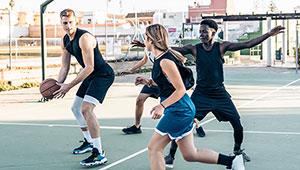
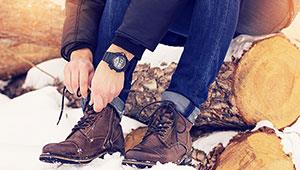
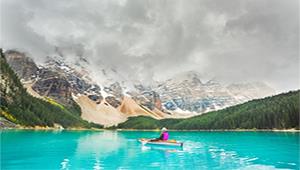


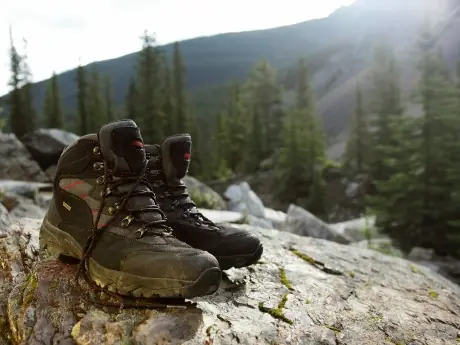
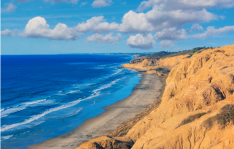

Discuss This Article